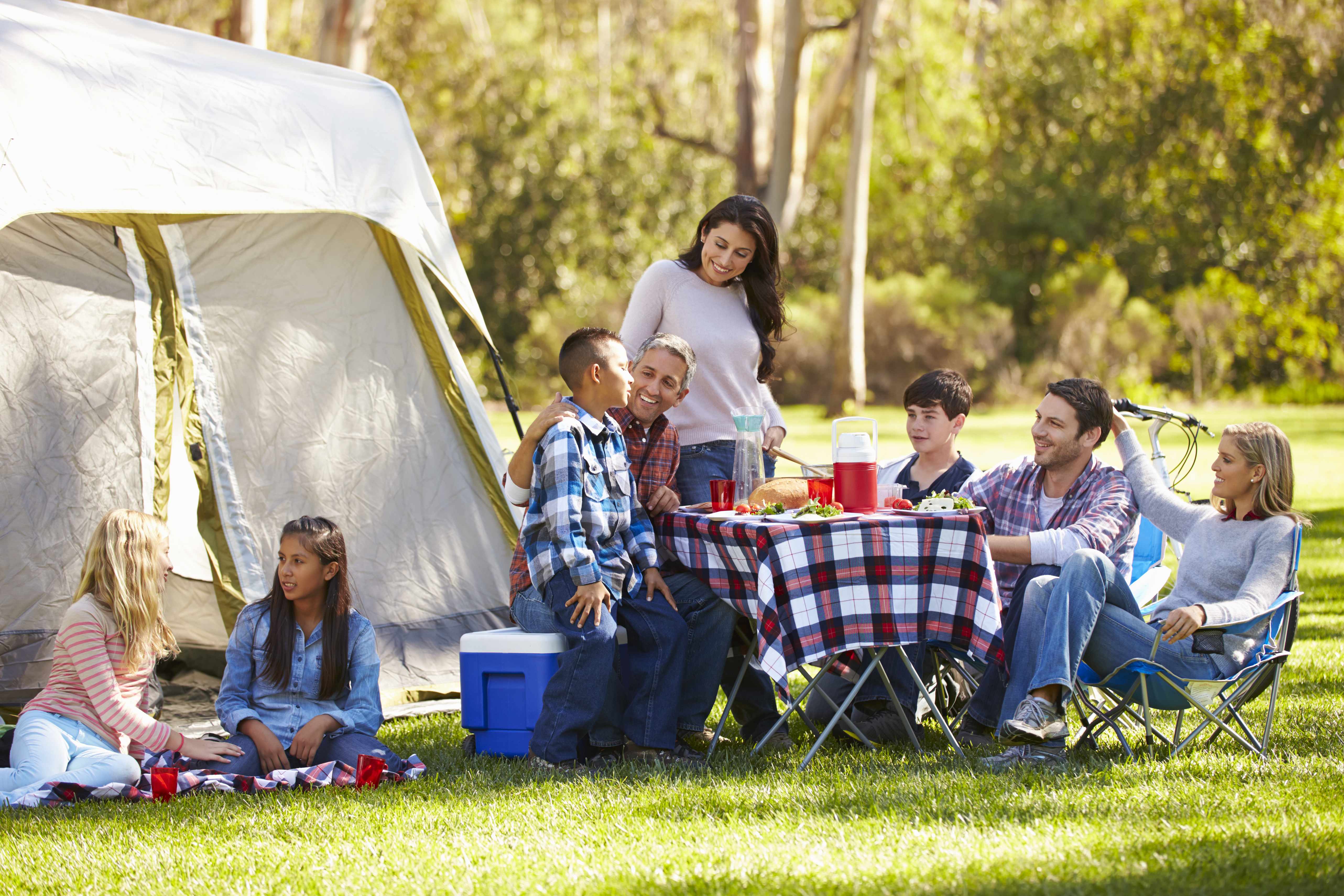-
Featured News
Food safety tips for summer

Foodborne illness peaks in the summer, because bacteria that are present throughout the environment and in the bodies of people and animals grow faster in the warm summer months. And outdoor activities increase. More people cook outside ─ without the safety controls of a kitchen.
Dr. Steven Perkins, a Mayo Clinic Health System family physician, recommends these simple steps to avoid foodborne illness:
- Wash hands often.
Wash your hands frequently, especially when preparing food. Be sure to wash your hands after going to the bathroom, changing a diaper or handling pets.
- Don’t cross-contaminate.
When packing a cooler, securely wrap raw meats, and keep them away from other foods. Be sure to thoroughly wash plates, containers and utensils that once contained raw meats or poultry before using them for cooked food.
- Cook to safe temperatures.
Take your food thermometer with you. It’s better to be safe than sorry. Cook meat and poultry completely at the picnic site. Partial cooking of food ahead of time allows bacteria to survive and multiply to the point that subsequent cooking cannot destroy them.
- Refrigerate promptly.
Be sure you’re keeping refrigerated perishable food, such as luncheon meats, cooked meats, chicken and salads, chilled at all times. Consider putting canned beverages in another cooler, because the cooler probably will be opened frequently. If you have leftovers, do not leave them out for more than two hours. And if you have any doubts, throw them out.
“If you suspect you have a foodborne illness and are experiencing diarrhea, high fever, blood in stools, prolonged vomiting, signs of shock, severe dehydration or confusion, you should see a doctor right away,” says Dr. Perkins. “Most foodborne illness can be treated by increasing fluid intake to replace lost fluids or electrolytes.”







